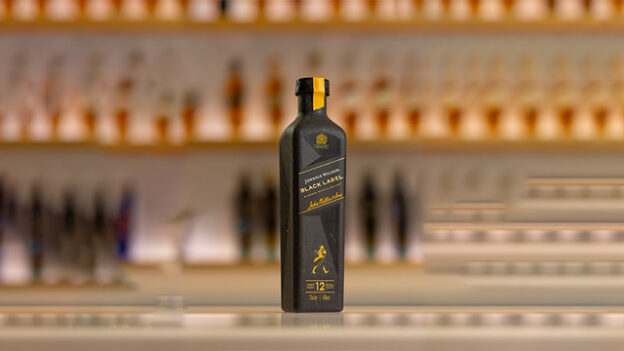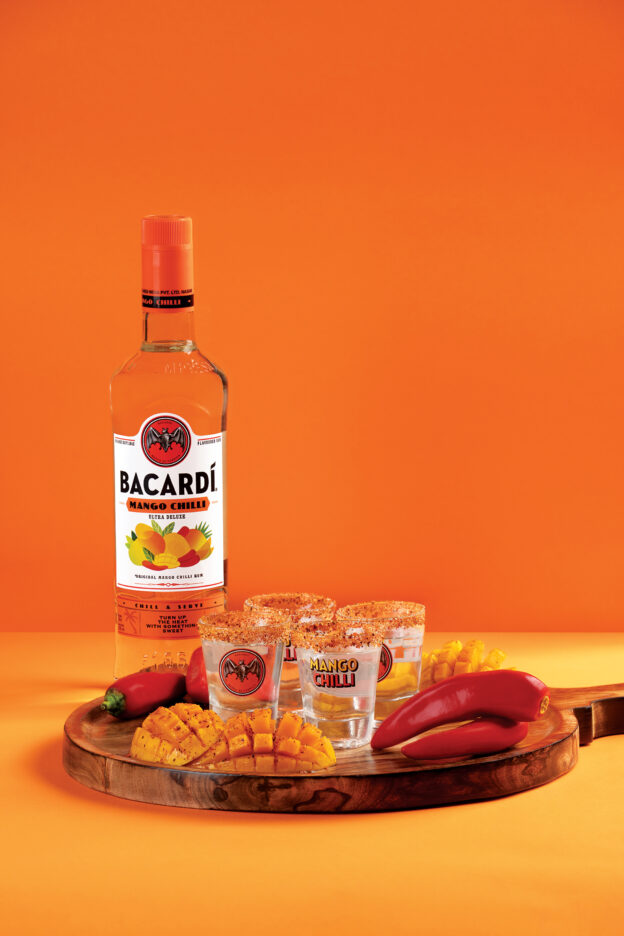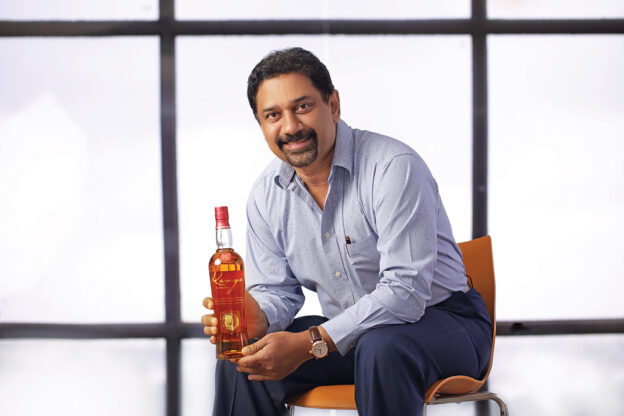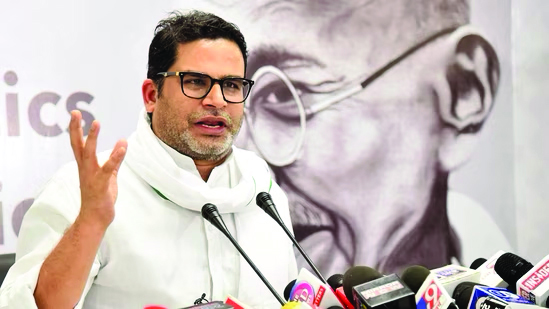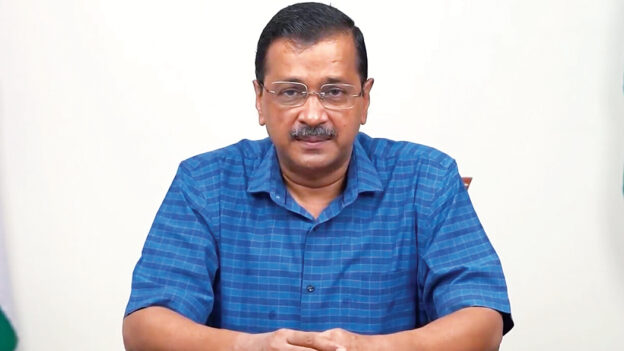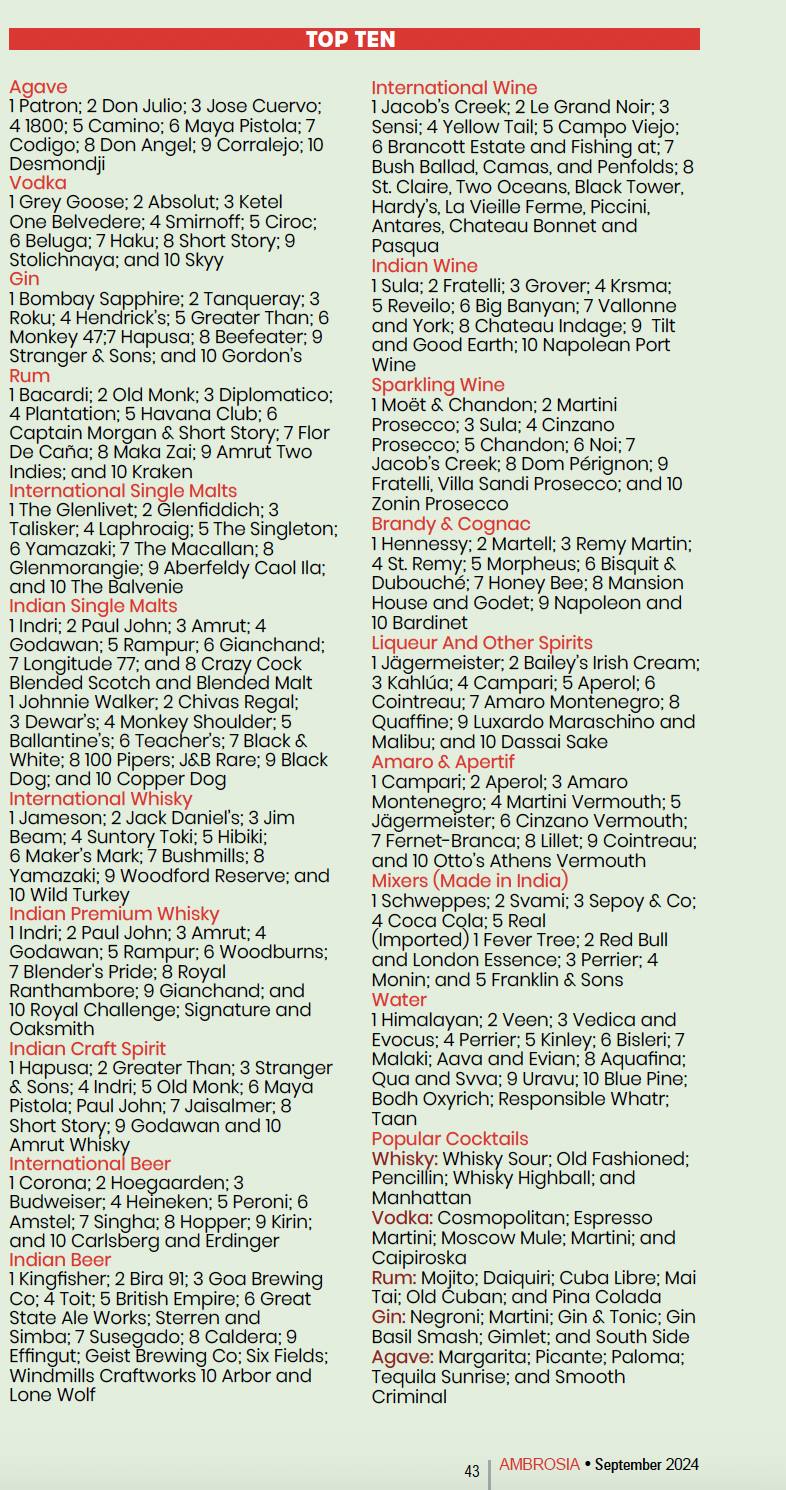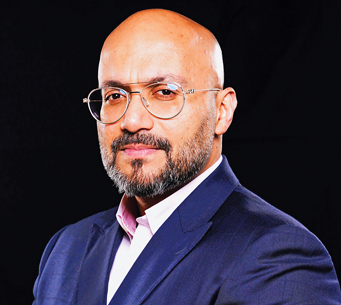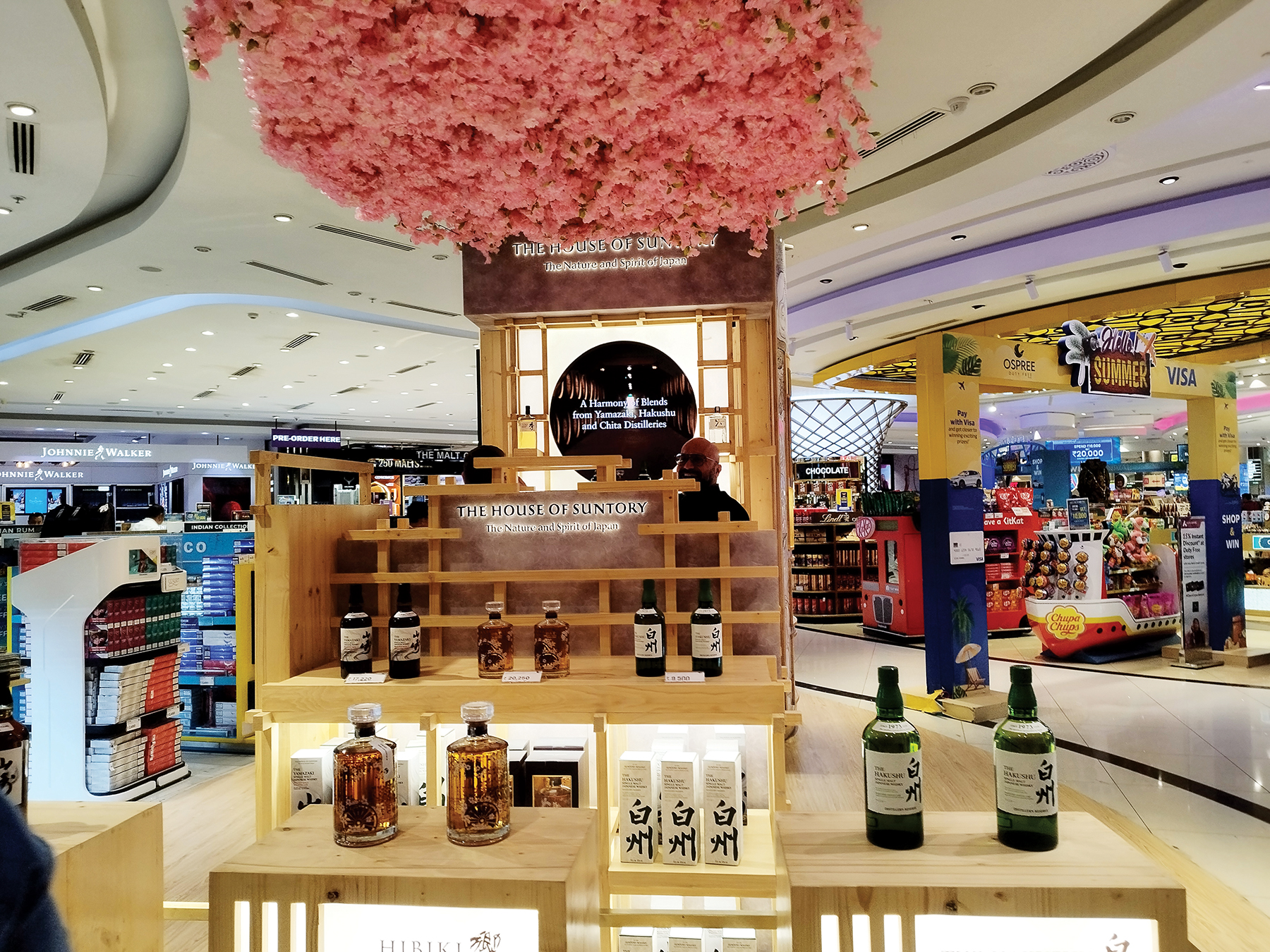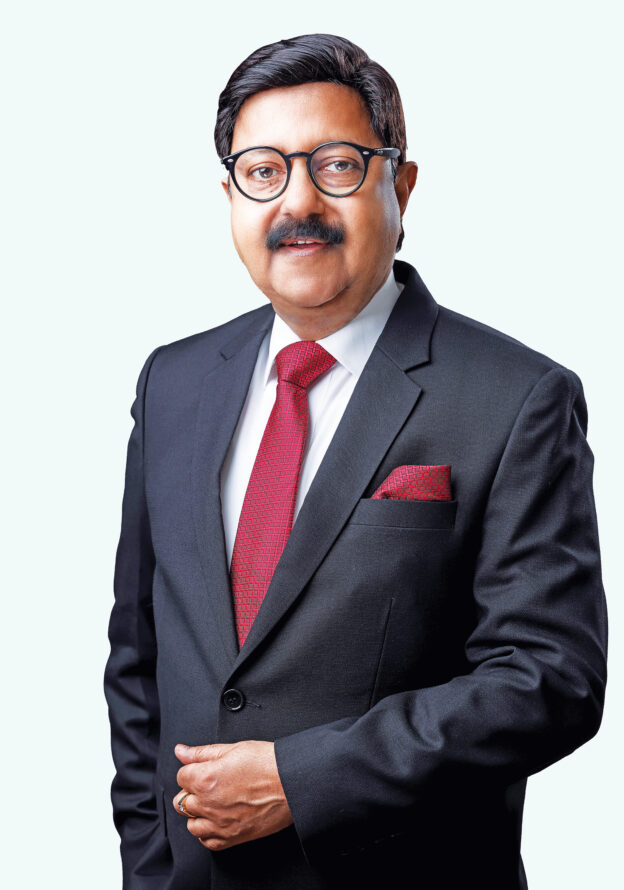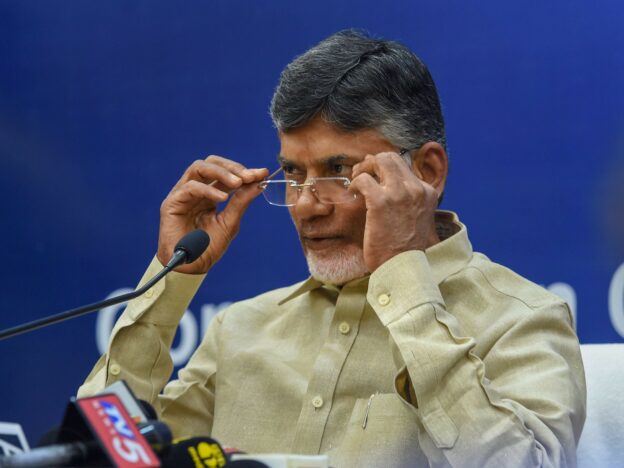The Indian alcobev sector has exhibited continuous growth exuding investor confidence. Liquor companies are no longer taboo when it comes to investments by the general public, resulting in a number of companies raising funds from the equity market and doing pretty well at that. Not just that, mergers and acquisitions (M&A) are adding to that growing investor sentiment.
In the recent past, the alcobev sector has witnessed some important investments, including M&A deals. One of the fastest growing craft beer manufacturers Bira 91 raised $25 million in Series D financing from existing investor Kirin Holdings, as per the Ministry of Corporate Affairs. The company has agreed to avail the external commercial borrowing (ECB) in two tranches of $12.5 million. Bira 91 has also agreed to provide Kirin Holdings with an option to convert the outstanding borrowings into Series D Compulsorily Convertible Cumulative Preference Shares (Series D CCCPS) of the company. The funding round comes a few months after Bira 91 raised $25 million from Tiger Pacific Capital in March 2024. This brings the total money the New Delhi-based company raised to $50 million in the past three months. Established in 2015 by founder and CEO Ankur Jain, Bira 91 is backed by Sequoia Capital India, Belgium-based Sofina, and Japan-headquartered Kirin Holdings.
Innovation gets funding
The trend which is quite obvious is that big players are eyeing innovative niche brands for acquisition, adding portfolio and value to their existing business. Bira 91 is one example, the other is the minority stake of United Spirits Limited (Diageo India) in Nao Spirits, the makers of India’s first London Dry gin – Greater Than – followed by the world’s first Himalayan Dry gin – Hapusa. In 2022, Diageo India with an investment of ₹31.5 crores holds 22.5% of the equity share capital of the company on a fully diluted basis. Nao Spirits had earlier raised US$ 2 million as Series A investment from a boutique VC firm, existing investors, and family offices.
The more recent follow-on investment of ₹13.15 crore comes from Tilaknagar Industries in Spaceman Spirits which is known for its Samsara gin and Sitara craft rum. In a filing to the stock exchanges, the company informed the bourses that its Board had approved the follow-on investment, thus taking Tilaknagar’s stake in Spaceman Spirits to 20.02%. Further, upon SSL achieving certain pre-agreed milestones, the definitive agreements provide an option for the company to invest or acquire further shares held by other shareholders as per a pre-determined valuation methodology.
Investments helping companies broad-base portfolio
Tilaknagar Industries, the makers of India’s highest selling brandy Mansion House, has also entered into a usership agreement wherein it will leverage its robust distribution network to sell Samsara Gin and Sitara Rum in certain states in India and abroad. Amit Dahanukar, chairman and managing director, Tilaknagar Industries, said, “The premium-end of alcobev industry in India has been witnessing phenomenal growth over the past few years. While we are already the market leaders in brandy, we will look to cherry-pick every promising opportunity to broad-base our portfolio and boost revenue growth. We feel this investment will open new avenues for profitable participation in the crafts spirit’s segment.”
In September this year, Globus Spirits, manufacturers of Gr8 Times, Rajputana etc. got a boost with Motilal Oswal Mutual Fund buying 2 lakh equity shares, representing 0.69% stake via block deal on the National Stock Exchange. Following this the stock is doing fairly well and it has got a further leg up after its announcement that it had launched DŌAAB India Craft Whisky. This new range marks the company’s foray into high-end whisky, bringing a fresh perspective to the growing segment. DOAAB India Craft Whisky, a limited-edition series, draws inspiration from the Hindi word “DOAAB”, which means the land between two rivers, reflecting the fusion of diverse influences.
Companies that got funding
Also earlier, we have had another big investment from Zerodha which acquired 13.9 lakh shares (1.04%) in Radico Khaitan, one of the oldest and largest IMFL manufacturers, known for its popular brands like Magic Moments vodka, 8PM whisky, and Rampur premium Indian single malt. Nikhil Kamath, co-founder of Zerodha, had mentioned that Zerodha held a 1.6-1.7% stake in Radico Khaitan, valued at approximately ₹400 crore. He highlighted the strong performance of Radico Khaitan as a key factor behind this investment, noting that the stake was acquired through open market transactions.
In February 2023, Integra Essentia acquired Chateau Indage Winery for $5 million in an asset transaction and in end December it acquired Brewtus Beverages for $2 million. LIC-backed penny stock, Brewtus Beverages will unlock the business potential embedded in the liquor-based beverage industry for Integra Essentia while widening the company’s footprint via stepping into the foray of medium~hard liquor-based products adding “Beer” and “Whisky” to the product portfolio, the company has said in a statement.
Angel investors and VC funding
Jimmy’s Cocktails was founded by Ankur Bhatia in September 2019 under Radiohead Brands, offering a range of cocktail mixers. Jimmy’s Cocktails had raised ₹14 crore in a bridge round ahead of its Series A, led by Roots Ventures. 7Square Ventures and several start-up founders via an AngelList led by Vishesh Khurana, Co-founder Ship Rocket and Varun Alagh, Co-founder Mama Earth also invested in this round. Existing investors Keki Mistry, Vice chairman and CEO, HDFC Ltd; Vidur Talwar, Chairman T&T Motors; Anirudh Somani, VP CLSA also participated in the round.
Early this year, Radiohead Brands concluded its pre-Series A funding round, raising an impressive ₹35 crore. Prath Ventures spearheaded the funding initiative with a substantial contribution of ₹12.2 crore, accompanied by investments from Capital Ventures, Illeyrium Ventures, and notable angel investors Neel Bahl and Sandeep Aggarwal of Droom. This funding injection comes as a follow-up to the ₹11 crore secured in July this year, further propelling Radiohead Brands on its path to becoming a key player in the industry.
Bengaluru-based alcoholic beverage brand RockClimber with crafted wine coolers, mixers, and other wine beverages is expanding its nation-wide footprint having earlier raised a pre-Series A funding round worth US$ 1 million from angel investor Anand Prakash Sharma. Another start-up Salud which offers pre-mixed drinks, has raised funds from actor and serial entrepreneur Rana Daggubati.
List of investors
There is a list of 40 angel investors and venture capitalists who invest in wine and spirits startups and they include ah! Ventures; Inflection Point Ventures; Anicut Capital; Skayle; Chakradhar Gade; Anicut Angel Fund; Prashant Pansare; Rohan Mirchandani; Mohit Shrivastava and Nitin Kaushal (Ginglani Distillers); Kirin Holdings; Soumya Kant (Bored Beverages Company); Ankit Bhati (Salud Beverages); Srini Koppulu; Abhishek Goyal; First Cheque; Prabhtej Singh Bhatia and Dotln (Bored Beverages Company); Rana Daggubati (Iron Hill India); Sprout Investments (O’be Cocktails); Chandigarh Angels Network; Sameer Guglani; Lets Venture; VerlInvest; Eagle 10 Ventures; Japan Vyas and Roj Niyogi (Hipcask); Deepinder Goyal; Rohan Mirchandani; Saama Capital; Bold Ventures; Supermorpheus; DSG Consumer Partners; Hem Angels; Kae Capital; Mohit Srivastava; Ashish Dhawan; Bhavish Agarwal; Mumbai Angels; Kunal Bahl; Bhawna Bhatnagar; and Abhijeet Pai.
Alcobev, a good bet for investors
What does these investments all indicate? That the alcobev industry, which has been among the fastest-growing industries in India, is a good bet for investors, given the ever-evolving demand for liquor and related products and the consistent performance of the companies. Though the industry is highly regulated, vastly varying from one state to another, the growing demand from consumers for premium products has encouraged the producers to further explore the markets. India is one of the largest alcohol markets in the world. Given the production scale, evergreen demand, and a vast range of products, the industry has grown consistently.
Adding zing to the market are the startups who are disrupting with their brands, nevertheless adding considerable value to the thriving liquor industry in India. The exponential growth of the homegrown premium brands – Indian Single Malts are making waves the world over – has further enthused investor confidence.


